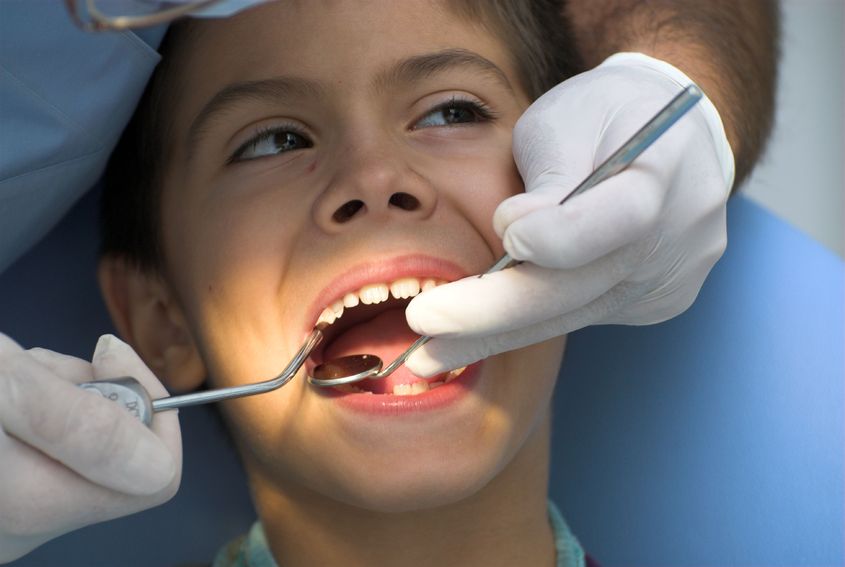Although dental implants can be dated back to the Mayan culture, it was not until the early 1980s when the dental implants we know today came into general use. Today, dental implants are by far one of the most successful of all dental procedures. Studies over a number of years show that 94 percent of all implants are a success. As four percent fail the question that begs to be answered is “what are the causes of dental implant failure?”
What might cause an implant to fail?
Other than trauma there are really only two reasons behind tooth loss; one of course is decay and the other is infection. It is quite obvious that a man made tooth cannot fail sue to decay, that leaves infection. Although gum disease is by far the biggest reason for implant failure, to a lesser extent is insufficient jaw bone, smoking and pre-existing medical conditions.
1. Infection: In the event there is infection in the jaw bone or in the tissue surrounding the implant, the implant will eventually loosen; this in turn increases the risk of new bone not properly fusing with the implant. Infection can normally be traced to poor dental hygiene which leads to bacterial growth or poor implant surgery.
2. Insufficient jaw bone: There must be enough jaw bone for the implant to fuse properly. The jawbone mass has a tendency to decline the longer a tooth is missing, if this is the case the bone must be built up with a graft prior to placing the implant.
3. Smoking: The implant surgeon will insist that the patient stop smoking a few weeks prior to the procedure and a few weeks after it has been completed. Smoking during this critical phase is one of the major causes of dental implant failure.
4. Pre-existing health conditions: Conditions such as diabetes or a vitamin deficiency can cause a dental implant to fail as do bleeding gums and gum infections.
Although dental implants have a remarkably high success rate and can last a lifetime, there are times when the implant will fail. You should discuss the possibility of implant failure with Hills Dental Care.


